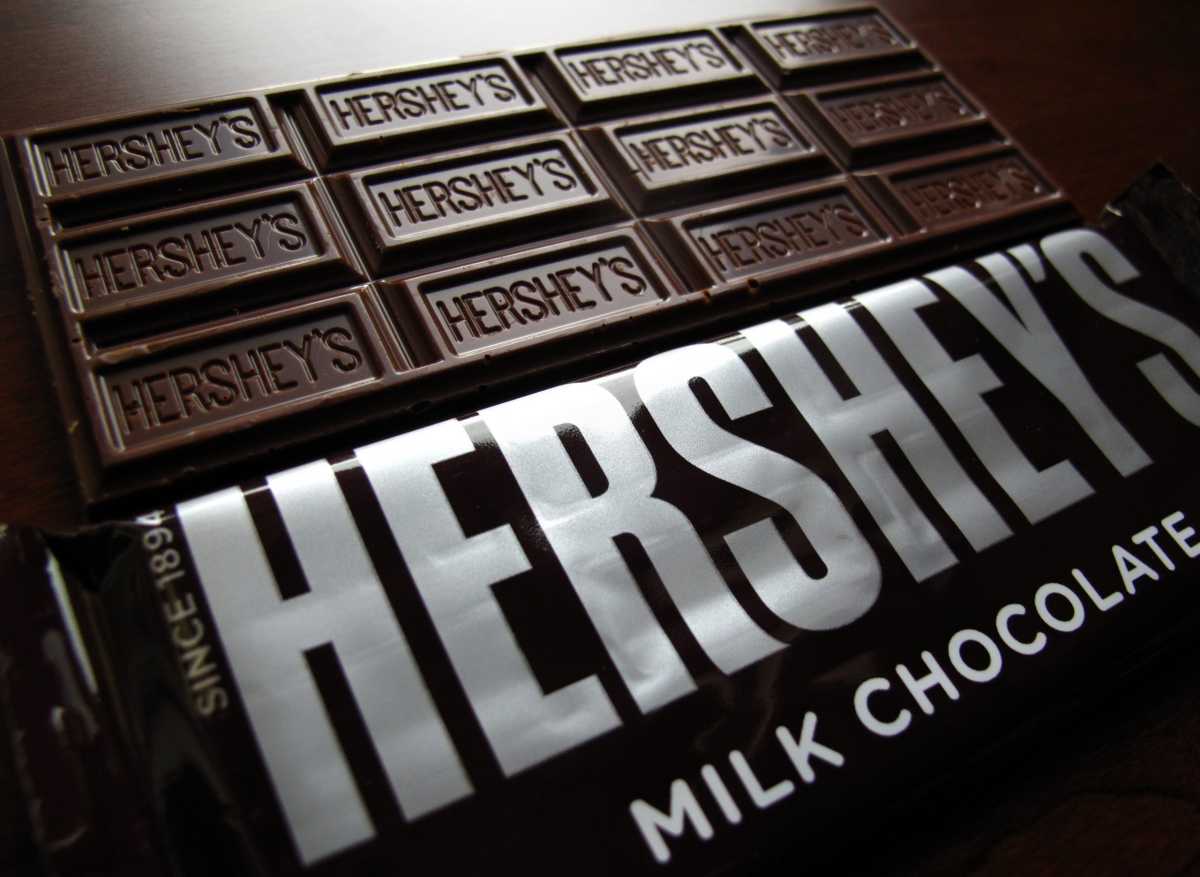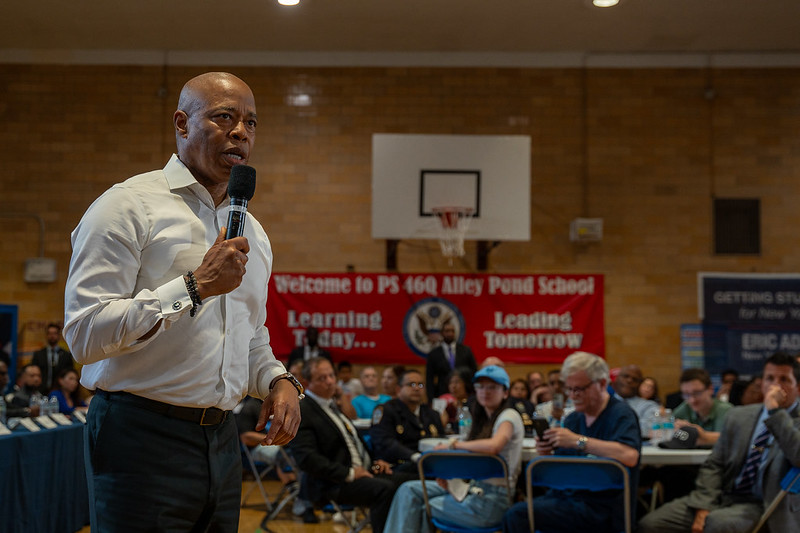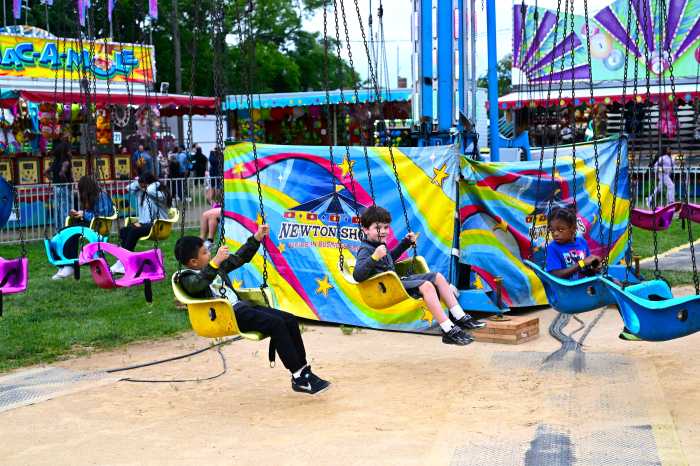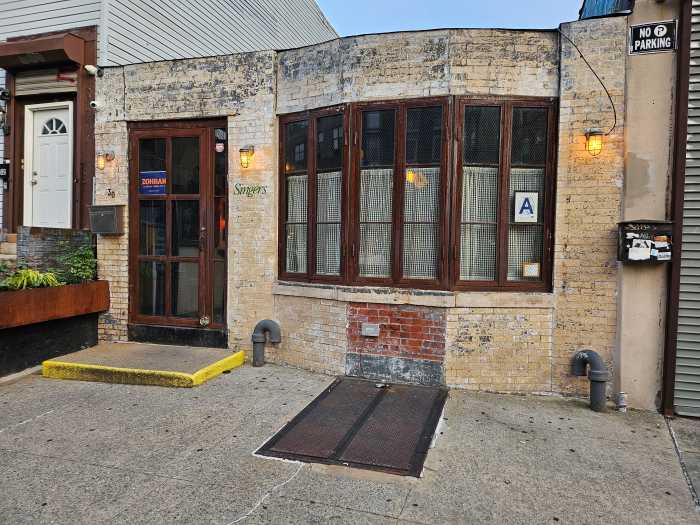BY UDAY SAMPATH KUMAR
Hershey Co <HSY.N> said on Thursday it was optimistic about crucial Halloween candy sales this year with retailers still placing orders, despite concerns that a resurgence in COVID-19 cases would discourage kids from going trick-or-treating.
The period around the October holiday is Hershey’s busiest time of the year, making up about 10% of the company’s annual sales, as kids and their parents stock up on Twizzlers, Jolly Ranchers and Reese’s Peanut Butter Cups.But with the COVID-19 pandemic showing no signs of slowing in the United States, analysts have cautioned that demand could suffer this year, with people being hesitant to send their children door-to-door for candy.
“Consumers will find creative and safe ways to trick-or-treat. It is an outdoor event and it’s an event where a lot of masks are already worn,” said Hershey Chief Executive Officer Michele Buck.
“So we feel pretty good based on what we’re seeing so far from consumer feedback.”
Buck said retailers have been making Halloween orders since May and if people were hesitant to go outdoors in October, the company would focus instead on self-consumption products such as candy bowls.
The company’s shares rose about 4% in early trading as it beat second quarter profit estimates, boosted by strong demand for its chocolate chips and cocoa powder from people taking up baking while stuck at home due to virus-driven lockdows.
Hershey said it expects sales to accelerate in the coming months.
Excluding one-time items, the company earned $1.31 per share in the second quarter ended June 28, beating the average analyst estimate of $1.13 per share.
Net sales fell 3.4% to $1.71 billion hit by a drop in demand in overseas markets. Analysts were expecting sales of $1.74 billion, according to IBES data from Refinitiv data.



































